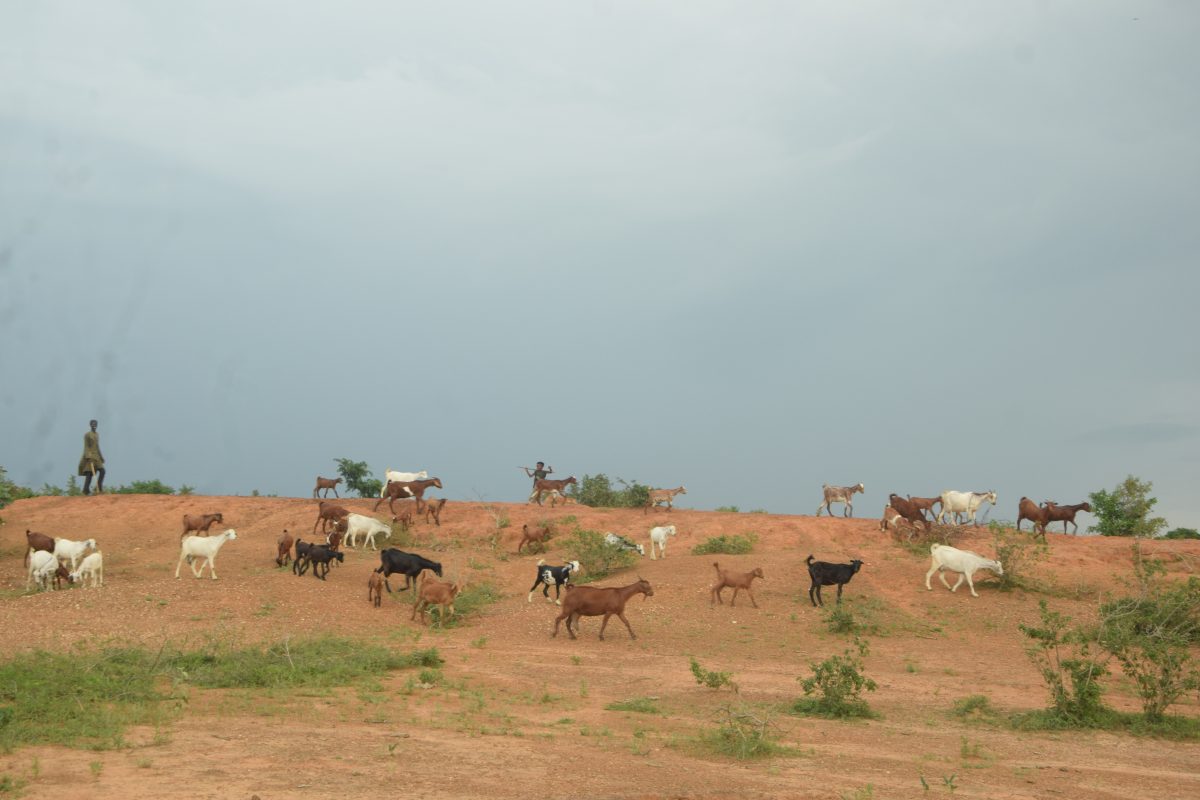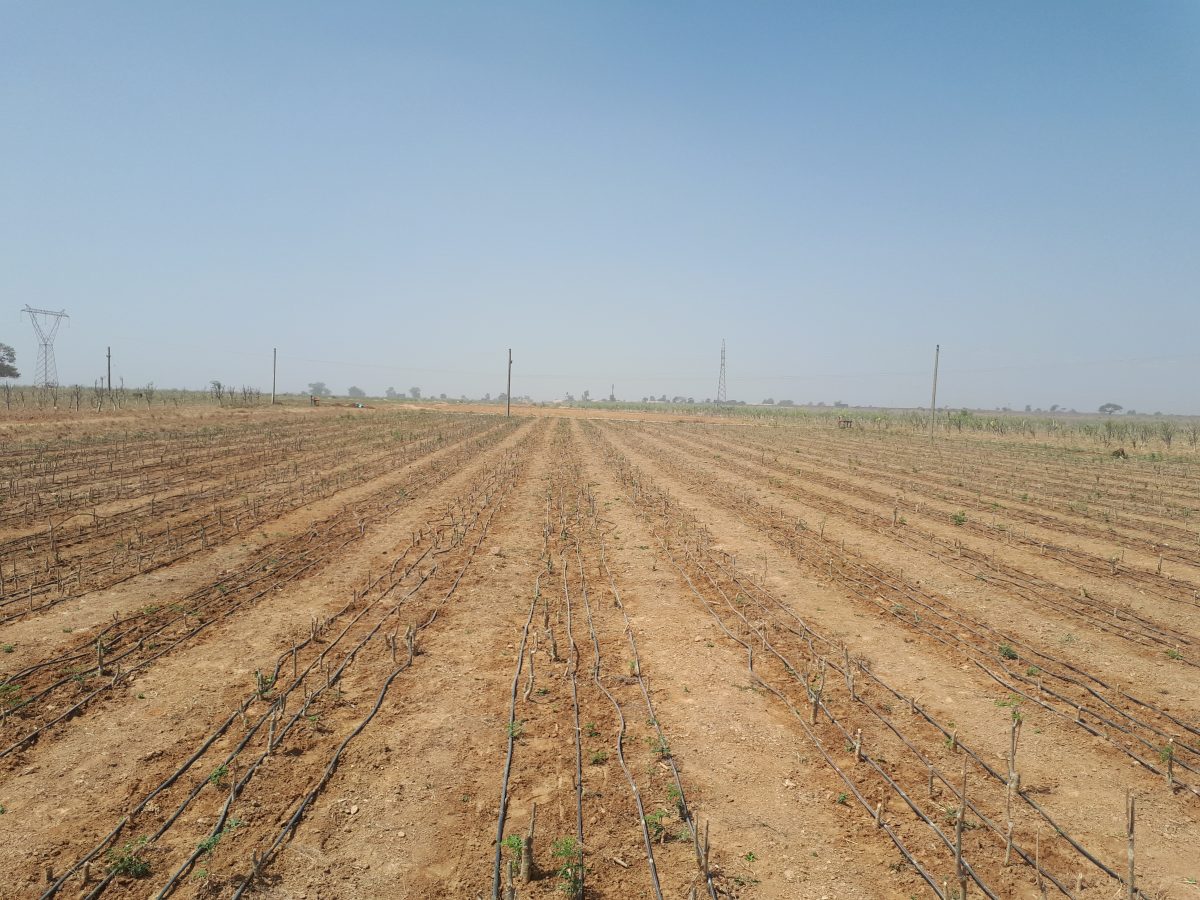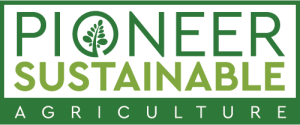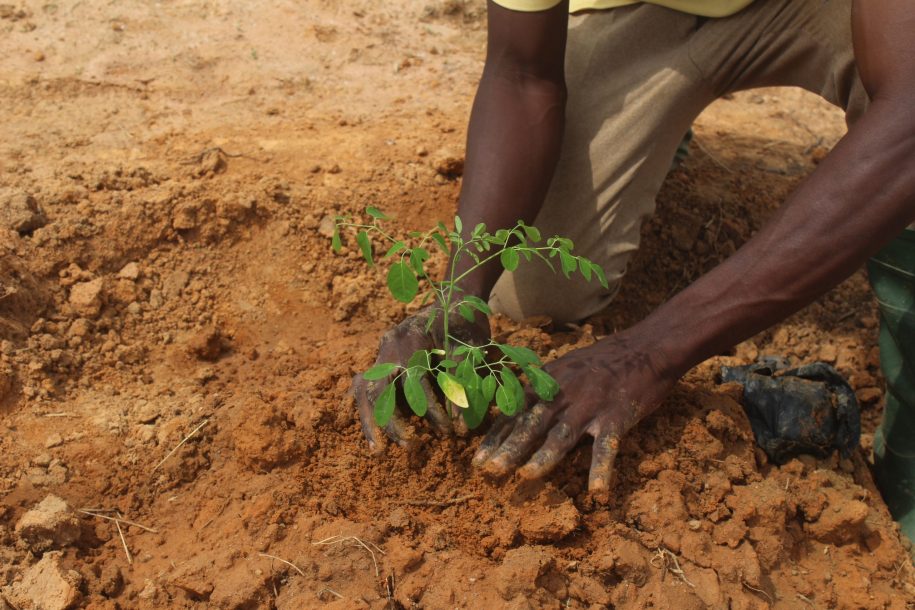Climate Change & its effects on Agriculture in Africa.
Climate change is a phenomenon that has the potential of affecting all natural and human systems and is a threat to human development on all fronts. African economies continue to be heavily dependent on agriculture. The Agricultural industry in Africa employs 65% of the labor force and accounts for 32% of the continent’s overall GDP. Africa has about 60% of the global total of uncultivated arable land. Most of the cultivated land has low yields and low productivity due to outdated technology and techniques being used. In Nigeria specifically, Agriculture contributes 40% of the Gross Domestic Product (GDP) and employs about 70% of the working population in Nigeria (CIA, 2012). Agriculture is also the largest economic activity in the rural area where almost 50% of the population lives.
Agriculture in Nigeria continues to be deeply dependent on the weather. Farmers need a mixture of rain, sun, soil and wind conditions in order to produce the food that the rest of the world will increasingly depend on in the years to come. A majority of the farmers in Nigeria is still practice rain fed agriculture few others practice a mix of rain fed agriculture & drip irrogation. This renders them vulnerable to the adverse effects of climate change. Extreme climatic events such as flooding, extreme heat, and drought has led to soil degradation which results in low crop yields.


More extreme temperature and precipitation prevents crops from growing well. Extreme floods and drought harm crops and reduces yield. Heatwaves which have increased with climate change have directly threatened livestock production. The growing cycles of the crop due to the rain and other weather conditions that were once prevalent and predictable are not true anymore. Nothing is predictable based on their historical knowledge anymore except the fact that they might not have enough harvest to survive the year.
Small scale and family owned farms in Africa are particularly vulnerable to climate change. In years when crops have failed due to extreme weather conditions, farmers look for of income or survive on the bare minimum until the next harvest season. Family farms occupy a majority of the farming land validating the fact that problems faced by small scale farmers can have greater repercussions on the overall impact on world food. It is due to this fact that climate change is the single biggest environmental issue facing the world today. Nigeria is one of the most vulnerable countries to climate change in Africa due to the varied climatic zones located in Nigeria.
Climate change brings with it extreme weather conditions such as: irregular rainfalls, droughts, floods, storms; increased overall temperatures. It also brings with it an array of pests that migrate to newer areas. Some climate sensitive pests see increased numbers due to increase in temperature; increasing pest pressure on farms. To combat this ever increasing pressure on farms, farmers are left with few options and end up implementing new practices to compete with more aggressive pests. However, many of the common means of doing so can exacerbate other environmental concerns, like chemical runoff into neighboring bodies of water.
How we are helping.
We help by training farmers understand the short and long term effects of extreme weather on their crops and ways to combat that are important. We have planted over 250,000 trees to date as part of our farm expansion. This number is due to grow year to year as we expand our operations. The large populations of trees we have established help fight desertification by improving the moisture regime of the soil through reduction of interception losses, reducing run-off and by increasing water infiltration/recharge rate thus reducing the fast depletion of groundwater. We also ensure that our practices observe Organic agriculture and efficient use of water. We work with small scale farmers to train them in sustainable farming practices, based on our sustainable farming practices. Our knowledge & training in this field is then shared with others in the farming community. Our aim is to help farmers adopt a holistic method of farming which is rooted in respecting the fundamentals of nature, is environment friendly & sustainable.

